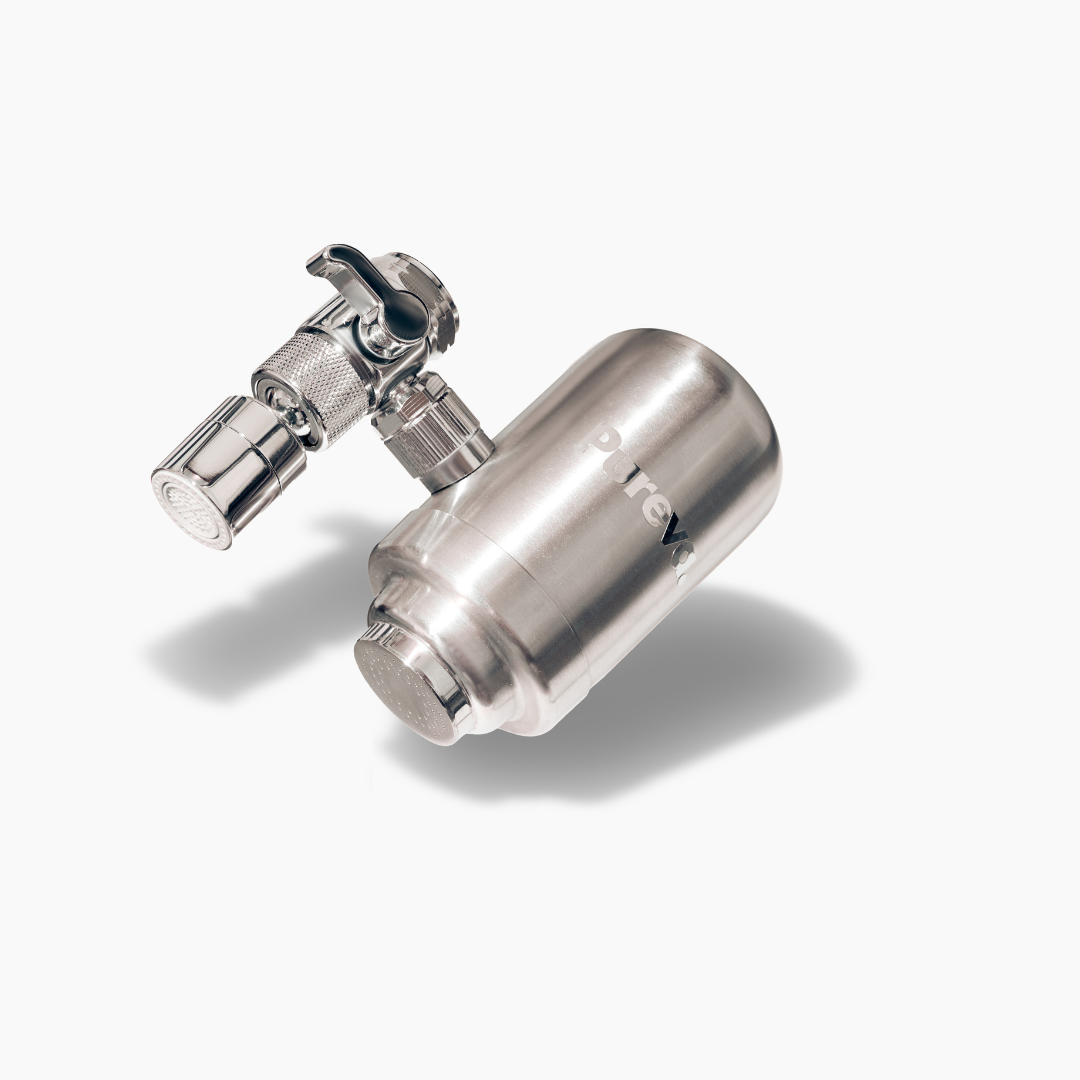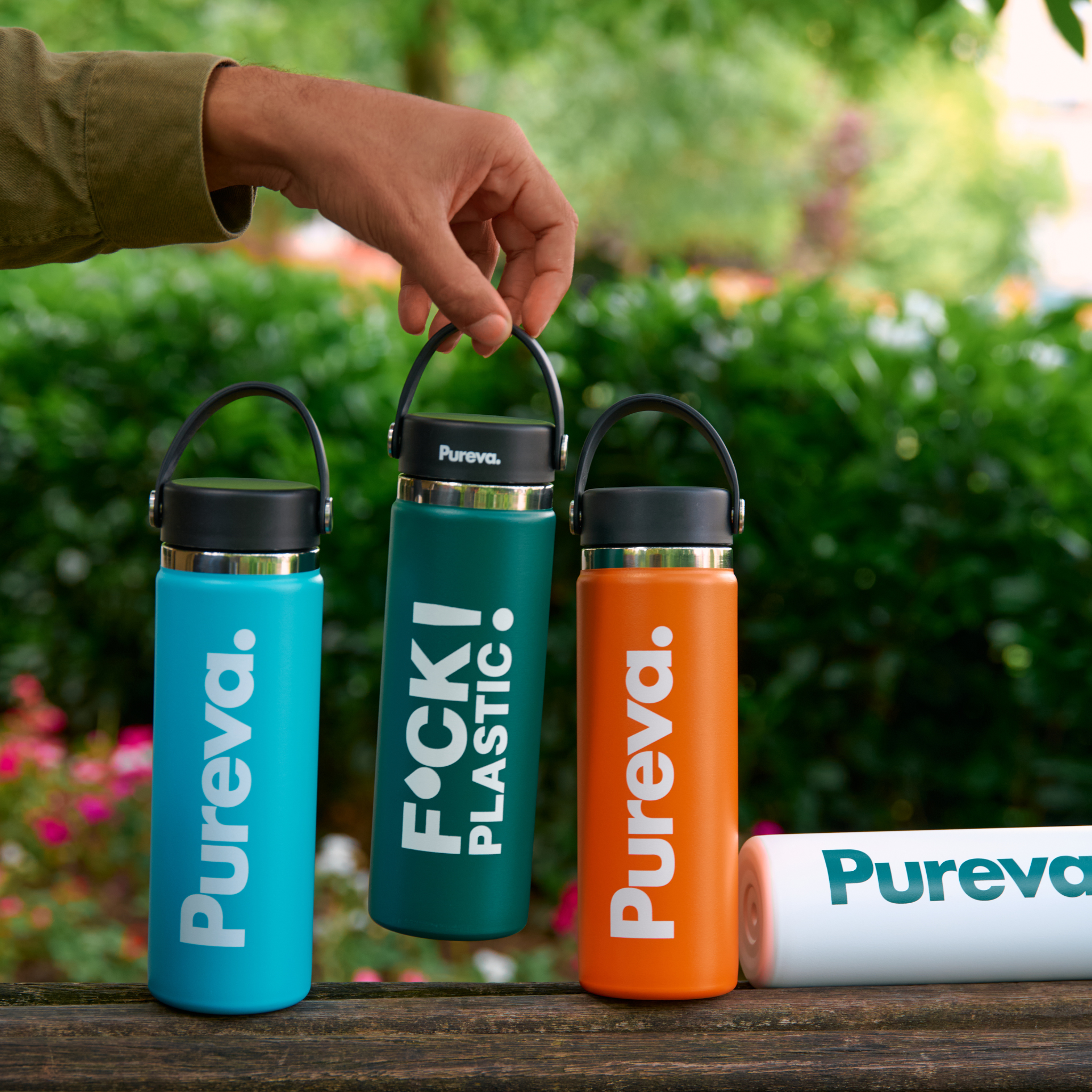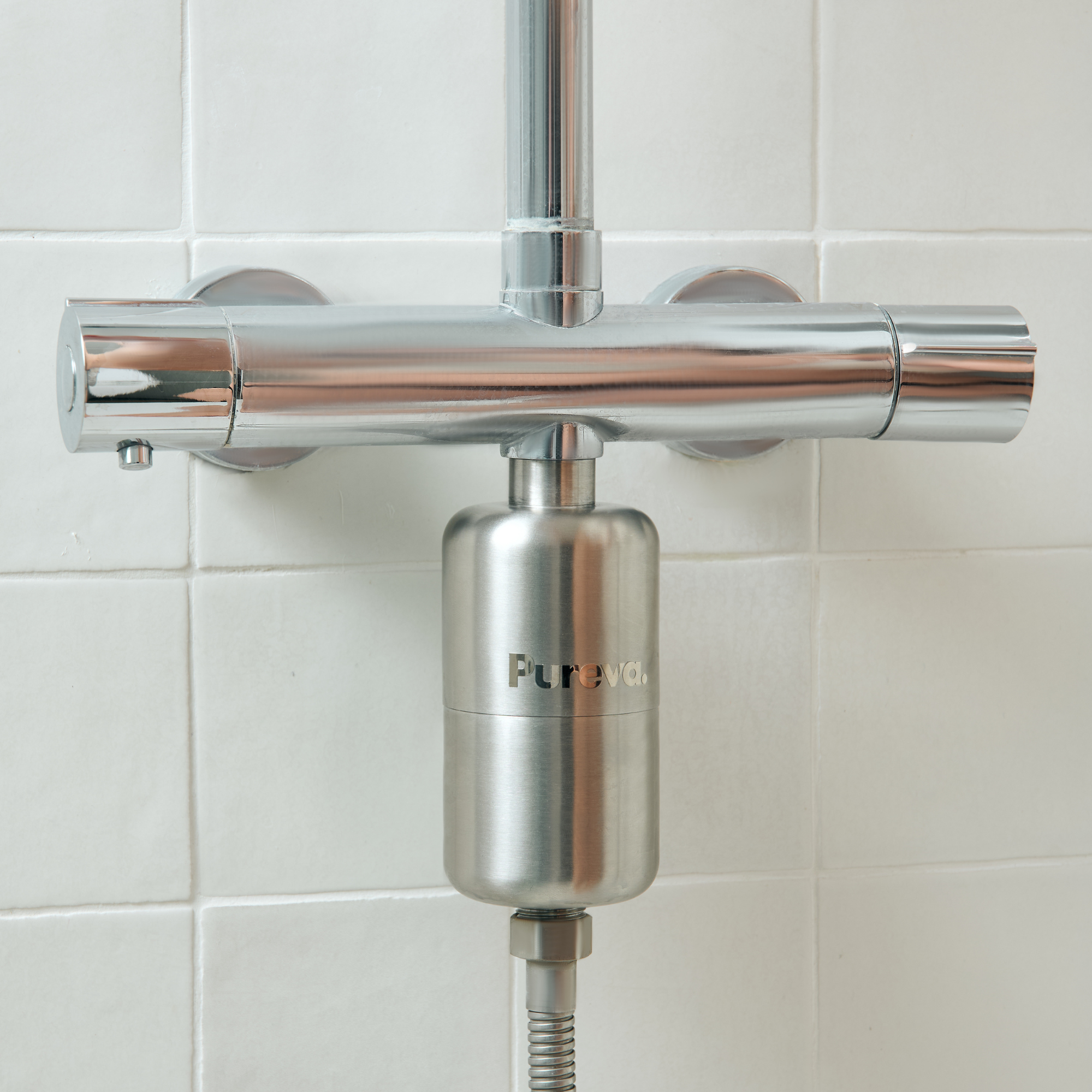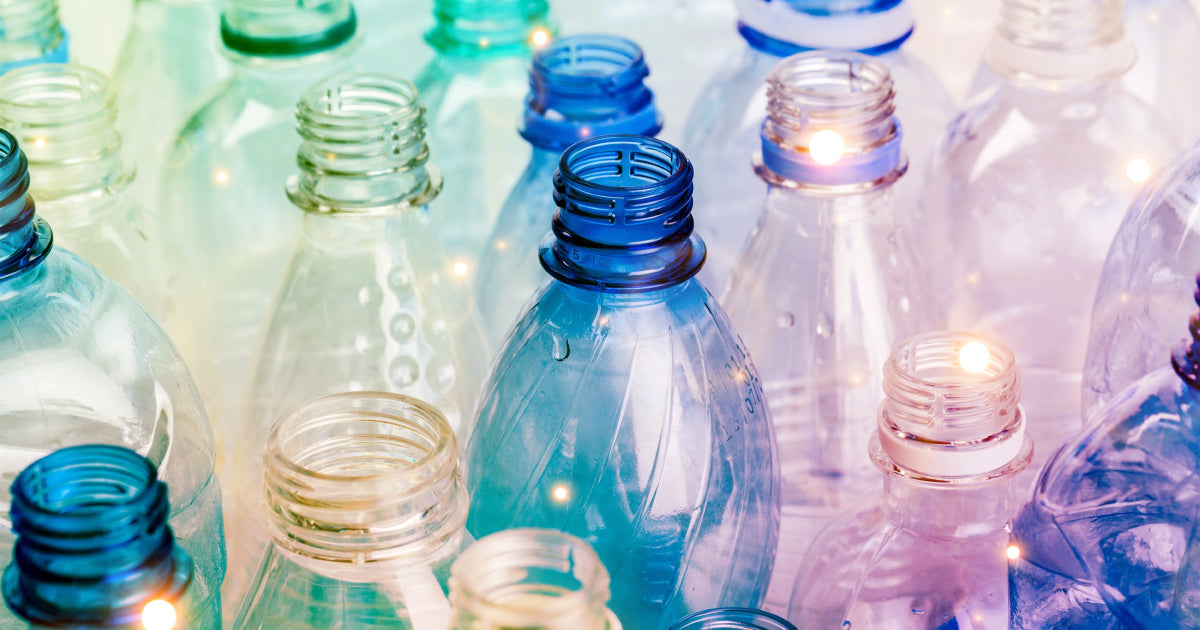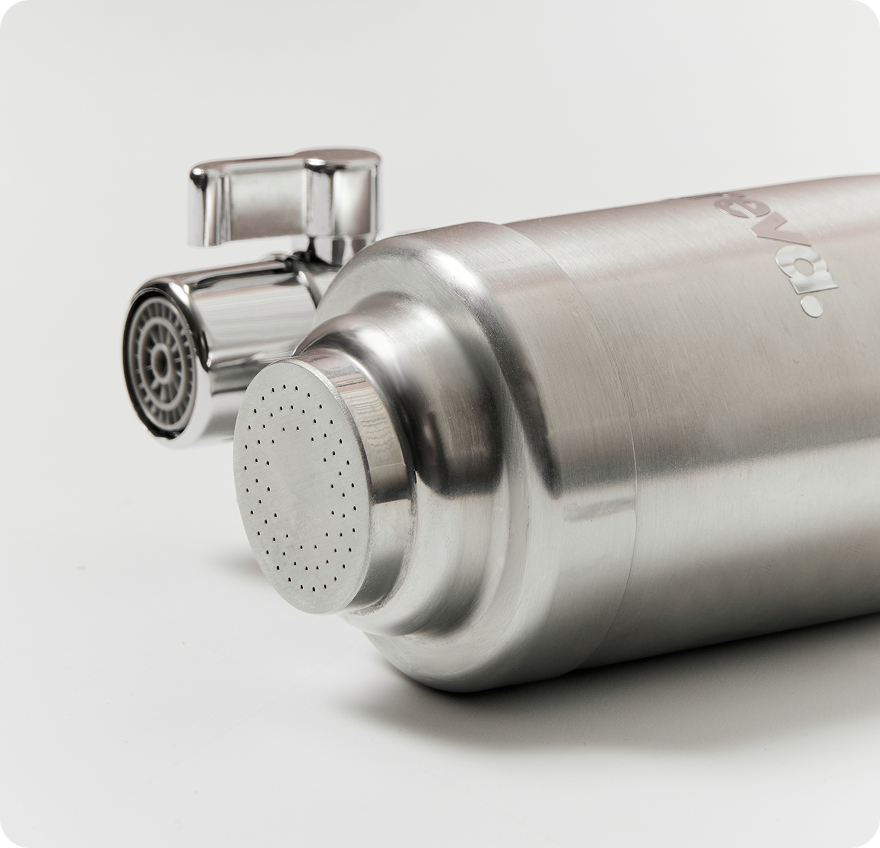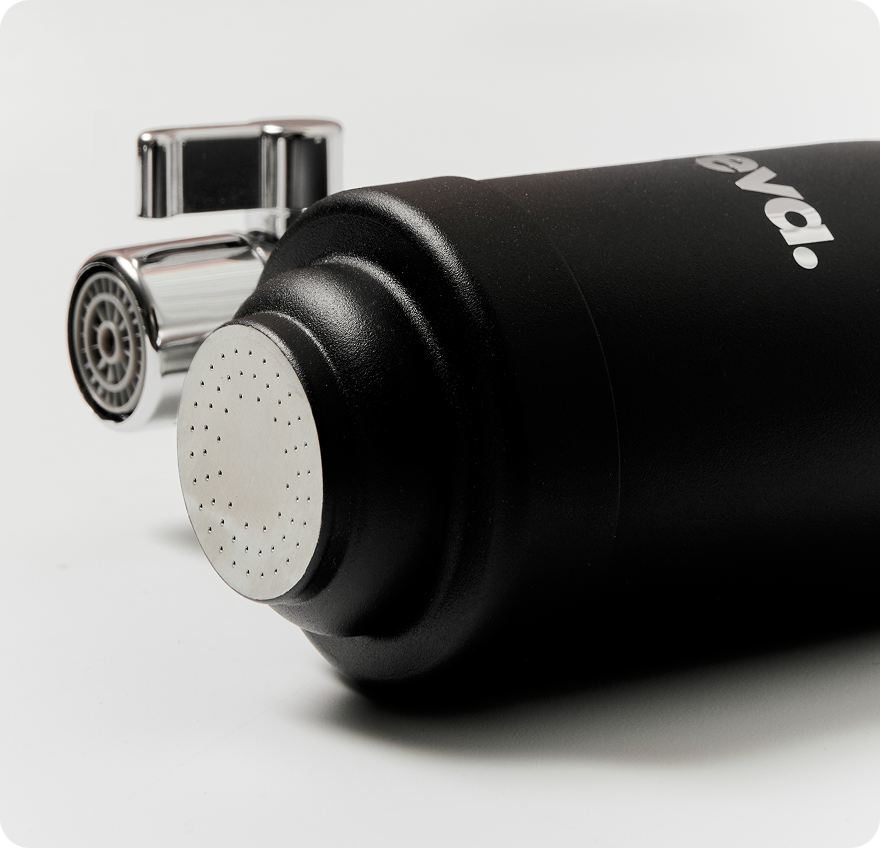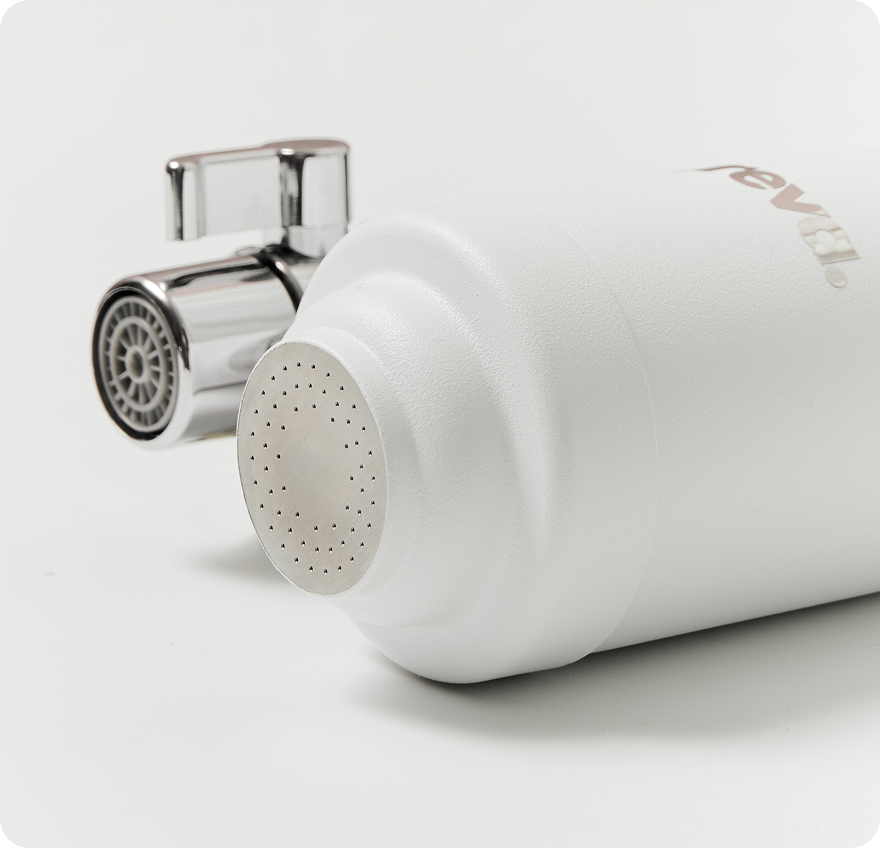Bottled water continues to be the talk of the town! Following the numerous scandals that have erupted recently, it is legitimate to question the true quality of water in plastic bottles . On January 8, 2024, the official journal of the United States National Academy of Sciences (PNAS) revealed through a study a rate of microplastics and nanoplastics 100 times higher than current estimates regarding the composition of bottled mineral water; which equates to approximately 240,000 plastic particles detected in each liter of water. These tests were conducted on three popular brands whose names have not been revealed. However, the contamination appears to affect all bottles. Let's take a look at what you need to know about the quality of water in plastic bottles and its consequences on health .
Quality of bottled water: the criteria you need to know
To assess the quality of plastic bottled water, it is essential to base it on several criteria, including:
- Mineral composition: Mineral water comes from a protected underground spring, and to earn this designation, it must contain a consistent amount of minerals such as calcium, sodium, or magnesium, as well as trace elements such as iron or zinc. This stability in composition is a key criterion. In addition, it is recognized for its specific health benefits, whether supporting the skeletal system, muscles, or metabolism. Finally, it must meet strict health quality criteria, guaranteeing the absence of microbiological or chemical contaminants.
- Microbiological purity: This is a fundamental criterion for the quality of bottled water. It refers to the absence of pathogenic microorganisms such as bacteria, viruses, fungi, or parasites, even a small presence of which can pose a health risk. To ensure this purity, the water must meet strict health standards during bottling.
If you want to be sure, while you can't directly analyze microbiological purity, you can check certain indicators. Check the label to see if the water complies with national health regulations, and make sure there's an expiration date, which guarantees that the water hasn't been stored for too long. Choose brands recognized for their quality controls and avoid bottles exposed to heat sources, such as the sun, which can promote the proliferation of microorganisms.
Finally, the last criterion corresponds to microbiological contamination tests of the water : they make it possible to check the conformity of the water to health standards (search for bacteria, pesticides, yeasts, etc.).
Important: despite the regulations in place, it is impossible to remove all the pollutants contained in mineral water in plastic bottles.

Is it safe to drink water from plastic bottles?
It is therefore time to ask the right question regarding one's health and the preservation of the environment in the face of pollution: is it wiser to drink water in plastic bottles or tap water?
The presence of chemicals in plastics poses a health risk. We find:
- Phthalates or plasticizers.
- Bisphenols such as BVA.
- UV stabilizers for protecting plastics from the sun's rays.
Another equally embarrassing aspect of bottled water versus tap water is its price and transportation to your home.
What type of plastic is safest to consume?
Bottle manufacturing is generally done with types of plastics such as:
- PET or polyethylene terephthalate: PET is safe to use at room temperature. Only exposure to heat (a water bottle left in the sun) can cause chemicals such as bisphenol A (BPA) and phthalates to migrate into the water.
- HDPE or high-density polyethylene: it degrades less quickly than PET. With low chemical migration at room temperature, HDPE is safer for food contact. However, it contains traces of VOCs (volatile organic compounds).

The health dangers of microplastics
Drinking water from a plastic bottle means potentially absorbing nanoplastics or nanoparticles . These microplastics have harmful effects on human health:
- Irritations or inflammations of tissues.
- Endocrine disruptions.
- Risks to the immune system.
- Potential long-term carcinogenic and neurological effects.
A significant environmental impact
Did you know that the decomposition time of a plastic bottle in nature can range from 400 to 1,000 years , polluting the environment and the oceans? Single-use plastic bottles have a high environmental impact. This is explained by:
- Their use in large quantities.
- Their low recycling rate.
- Their persistence in the environment.
Their carbon footprint linked to their production , transport and recycling is also very significant:
- Manufacture of plastic bottles from fossil resources (oil, natural gas).
- Carbon footprint linked to transport.
- Low recycling rate due to a lack of dedicated, suitable infrastructure.
- Incineration responsible for greenhouse gas emissions.
What are the alternatives to plastic bottled water?
If you want to reduce your impact on the environment while maintaining the quality of the water you drink daily, there are other alternatives to plastic bottled water. Here are some examples:
- Use reusable bottles made from glass or BPA-free plastic.
- Prefer compostable packaging or bioplastics.
One of the best alternatives to plastic bottles is a water filtration system that attaches directly to the faucet . A device like the Pureva water filtration system filters water directly at the end of the faucet. It allows:
- Natural microfiltration effective on more than 70 pollutants such as limescale, chlorine, heavy metals, pesticides, etc.
- Improving the taste and lightness of water.
- To reduce your consumption of plastic bottles.
Drinking water from plastic bottles is not a trivial matter. The presence of nanoparticles and plastic fragments is very real. We recommend adopting a natural, easy-to-install tap water filtration solution for daily use. We remain at your disposal for any additional information.

